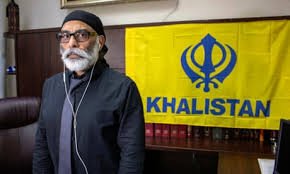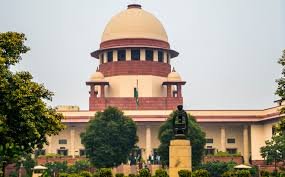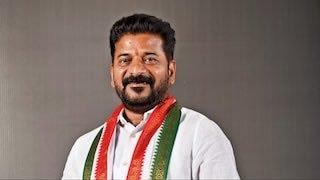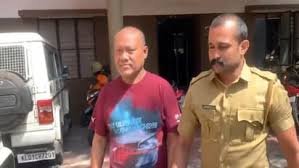As violence and displacement persist in Manipur, the government on Saturday convened a high-level peace talks between Meitei and Kuki-Zo-Hmar representatives—yet key voices like COCOMI refuse to endorse it, calling the process “stage-managed.”
BY PC Bureau
April 5, 2025
New Delhi:
In a renewed attempt to restore peace in conflict-ridden Manipur, the Central Government on Saturday convened a crucial meeting with representatives from the Meitei and Kuki communities. This comes amid strong opposition from influential civil society groups and growing concerns over the prolonged ethnic violence that has gripped the northeastern state since May 2023, resulting in the deaths of over 260 people.
Sources said the meeting focused on enhancing trust and cooperation between the two warring communities and identifying a roadmap to restore peace and normalcy. The discussions reportedly emphasized the need to maintain law and order and facilitate meaningful reconciliation.
“This was just the beginning and no specific demands were discussed at this stage. There’ll be several rounds of such meetings,” said an official, adding, ”The centre wouyd like to see how lasting peace was established in in Manipur.”
The Meitei delegation consisted of six members, including representatives from the All Manipur United Clubs’ Organisation (AMUCO) and the Federation of Civil Society Organisations (FOCS). The Kuki side was represented by nine members. The central team of mediators included A.K. Mishra, a retired special director of the Intelligence Bureau, who has been involved in peace talks in other conflict zones.
During a recent debate in the Lok Sabha, Union Home Minister Amit Shah revealed that the Ministry of Home
Affairs had already held several rounds of discussions with separate organisations from both communities. He confirmed that a joint meeting would soon be convened to continue the peace dialogue.
Shah stressed that while the overall situation in Manipur is “largely under control,” with no reported deaths in the past four months, the state of affairs remains far from satisfactory. Thousands of internally displaced persons continue to live in relief camps, and inter-community travel remains severely restricted.
President’s rule was imposed in the state on February 13, days after then Chief Minister N. Biren Singh resigned on February 9. The Manipur Legislative Assembly, with a tenure until 2027, was placed under suspended animation.
ALSO READ: COCOMI Slams Home Ministry’s ‘Peace Talks’ as Political Farce, Issues Eight Demands
However, the Coordination Committee on Manipur Integrity (COCOMI), one of the most influential Meitei civil society groups. COCOMI has criticized the recent meeting orchestrated by the Union Home Ministry between representatives of the Meetei and Chin-Kuki-Mizo-Zomi-Hmar communities in New Delhi, dismissing it as a “stage-managed spectacle” designed to reinforce a misleading narrative about the ongoing violence in Manipur.
In a press communiqué issued today, COCOMI announced its conscious decision to boycott the talks, which it claims were convened merely to support Union Home Minister Amit Shah’s characterization of the conflict as an “ethnic clash” sparked by a High Court directive on Scheduled Tribe (ST) status for Meiteis.
“This narrative is a gross distortion of facts,” the communiqué stated. “It disregards the deep-rooted and far more dangerous issues at play—namely, the ongoing proxy war allegedly enabled by the Indian government through its continued patronage of Chin-Kuki narco-terrorist groups under the Suspension of Operations (SoO) agreement since 2005.”
ALSO READ: NHRC Acts on Kohur’s Complaint Against “Targeted” Violence in Manipur
COCOMI alleges that these armed groups—described as mercenaries of foreign origin—have been protected and emboldened by the Centre, and have played a central role in sustaining the violence and destabilizing the region.
Since taking over as Governor on January 3, Ajay Kumar Bhalla—a former Union Home Secretary and a close confidant of Mr. Shah—has been actively engaging with community leaders and civil society stakeholders to chart a path toward normalcy. His appointment was widely seen as a move to inject fresh momentum into the peace process.
The violence, which erupted in May 2023, has led to unprecedented levels of displacement, segregation, and the looting of thousands of firearms from police stations. The ongoing conflict has created a de facto divide between the Meitei-dominated valley areas and the Kuki-inhabited hill districts. Community-specific travel restrictions remain in place, further deepening the rift.
Despite the Centre’s outreach and peace initiatives, stiff resistance from civil society groups like COCOMI underscores the complexities involved in resolving the crisis and rebuilding trust in Manipur’s democratic processes.














